Thoracentesis Cost in India
Unlock Exclusive Discount : Your Gateway to Premium Healthcare with Medsurge India Health Value Card.

Unlock Exclusive Discount : Your Gateway to Premium Healthcare with Medsurge India Health Value Card.

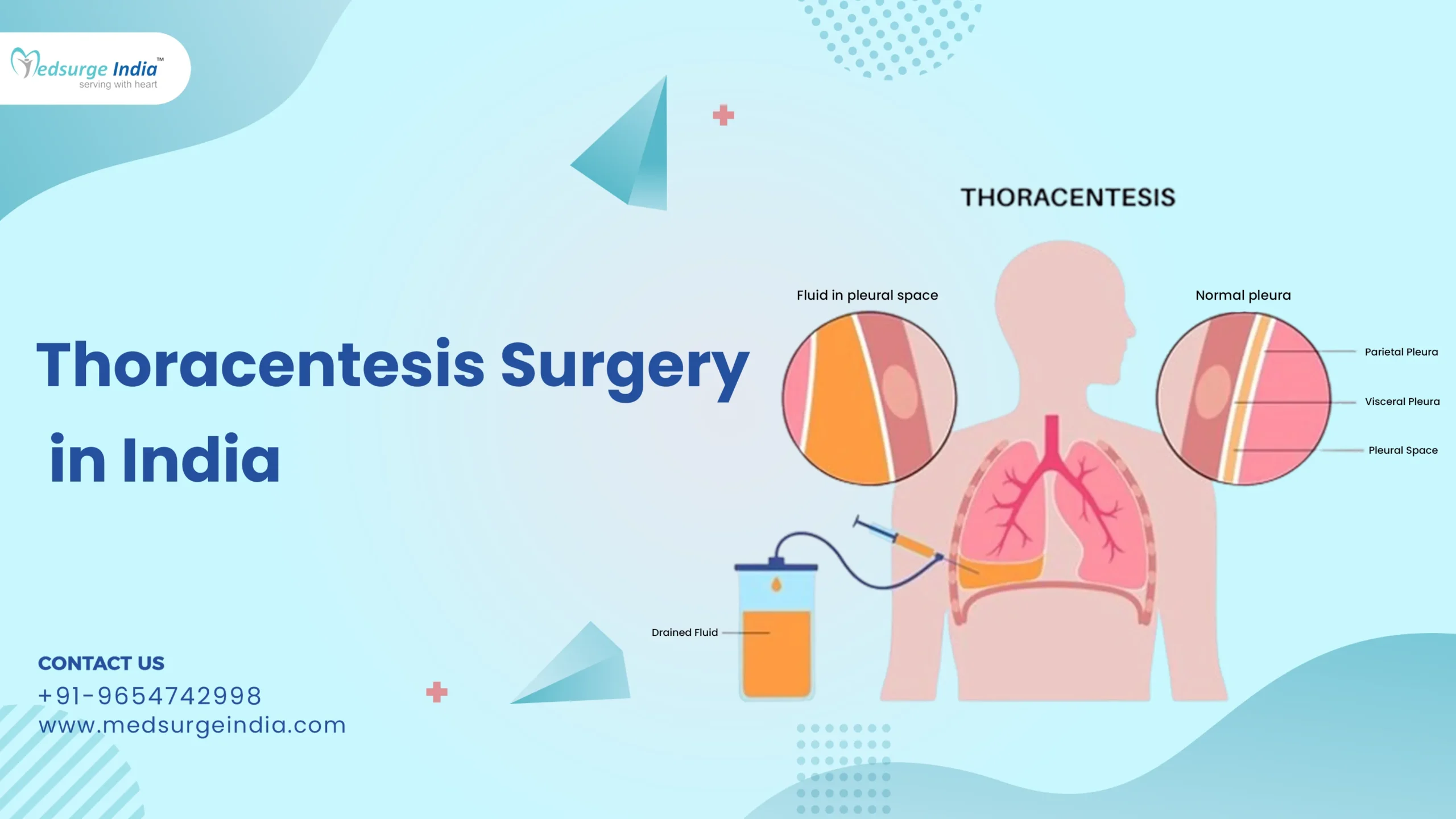
Thoracentesis is a procedure that removes fluid or air from the lungs. The pleural space is reached by passing a needle through the chest wall. The narrow space that exists between the inner chest wall and the lung’s pleura is known as the pleural space. The pleura is a double-layered membrane that surrounds the lungs. A small amount of fluid exists inside the gap. The fluid keeps the pleura from grinding together when you breathe. Pleural effusion refers to the presence of excess fluid in the pleural space. Breathing becomes more difficult because the lungs are unable to expand to their full capacity. Pain and dyspnea may result from this. Physical activity may exacerbate these problems.
Thoracentesis is performed for therapeutic or diagnostic purposes or both, that is, to improve your symptoms that are related to fluid buildup around your lungs or to obtain a sample of this fluid. Common reasons to have thoracentesis done include:
Thoracentesis may be performed to determine the etiology of the pleural effusion. By draining fluid, pleural effusion symptoms can also be managed. After that, a lab examines the fluid. Thoracentesis is useful in the diagnosis of conditions like:
A variety of factors determine the cost of a thoracentesis in India. The most important element influencing thoracentesis costs in India is the patient’s condition, the location, and the hospital a person choose. Thoracentesis surgery in India might cost anywhere between INR 5000 and INR 10,000.
Here are several key factors that influence the expenses associated with Thoracentesis cost in India:
Hospital or clinic’s location: The cost of care in a private hospital or clinic is often higher than that in a public hospital.
Medication costs: Certain medicines can influence the overall cost of thoracentesis in India.
Patient Condition: The complexity of the patient’s overall health can affect the duration of treatment, impacting the cost.
Duration of treatment: Longer treatment courses involving multiple visits can lead to higher cumulative costs.
The expertise and experience of medical professionals: Pulmonologists or a specialist in lung and respiratory conditions with extensive experience and recognition often command higher fees, contributing to the treatment cost.
Before having a thoracentesis, a healthcare provider will check your blood pressure and pulse oximetry – a noninvasive test that uses a small probe placed on your finger to estimate the amount of oxygen in your blood. Depending on the type of case, they will carry out imaging such as X-ray, ultrasound, or CT scan to determine where the fluid is and in what quantity.
You will be asked to wear a gown which is opened at the back and also remove all accessories. From there, most cases happen this way:
Also read: Best Pulmonologists in Delhi
Following the treatment, a nurse will monitor the patient’s blood pressure, pulse, and respiration rate. The wound may also be inspected before you are discharged from the hospital or facility.
Patients may experience post-intubation coughing for up to one hour as the lungs regain their normal size.
India is one of the best countries that provides one of the best treatments in the world. Here we have listed the best hospitals that provide thoracentesis:
A: Thoracentesis is not regarded as a serious surgery. Because thoracentesis is less invasive, your doctor won't need to make many deep tissue incisions. Compared to major surgery, minimally invasive techniques have substantially reduced risks and a shorter recovery period.
A: A treatment called thoracentesis is used to extract air or fluid from the thoracic cavity for therapeutic or diagnostic reasons. Other names for thoracentesis include pleural tap, thoracocentesis, needle thoracostomy, and needle decompression.
A: Pleural fluid is a thin layer of fluid that ordinarily resides between the lungs and the chest wall.
A: The pleural space in a healthy human has a low protein concentration (less than 1.5 g/dL) and only 10 to 20 mL of fluid in it. At the parietal pleural level, pleural fluid is filtered by a pressure gradient from systemic microvessels to the extrapleural interstitium and then into the pleural space.

Pulmonologist
Clinical Director
47+ years
Care Hospital, Banjara Hills, Hyderabad
View Doctor
Pulmonologist
Consultant
15 years
Care Hospital, Banjara Hills, Hyderabad
View Doctor
Pulmonologist
Senior Consultant
11+ years
Meitra Hospital, Calicut, Kerala
View Doctor

Pulmonologist
Senior Consultant
15+ years of experience
Manipal Hospital, Panaji, North Goa
View Doctor
Pulmonologist
Senior Consultant
14+ years of experience
Manipal Hospital, Mandi Mohalla, Mysore
View Doctor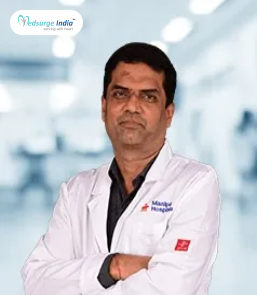
Pulmonologist
Consultant
26+ years of experience
KMC Hospital, Hampankatta, Mangaluru
View Doctor
Pulmonologist
Consultant
45+ years of experience
KMC Hospital, Hampankatta, Mangaluru
View Doctor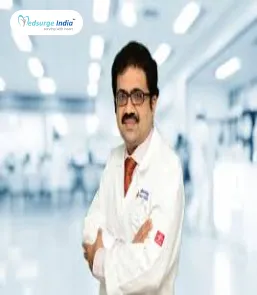
Pulmonologist
Senior Consultant
29+ years of experience
KMC Hospital, Hampankatta, Mangaluru
View Doctor
Pulmonologist
Consultant
15+ years of experience
NH Rabindranath Tagore International Institute of Cardiac Sciences, Kolkata
View Doctor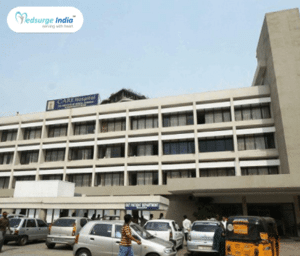
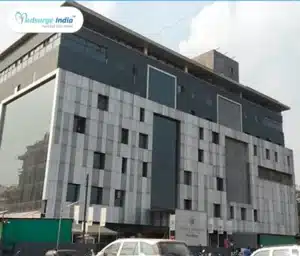
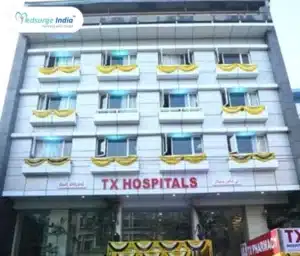
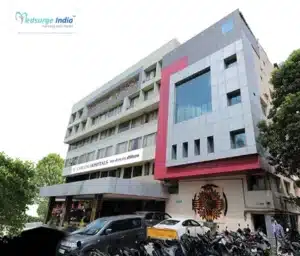



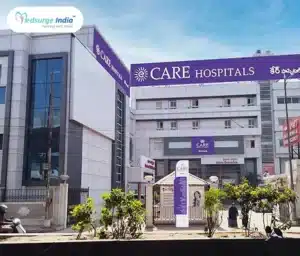

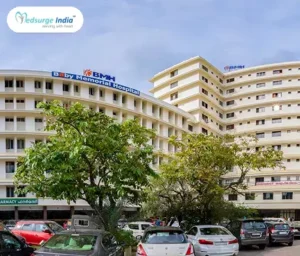
By using our site, you agree to our Terms and Conditions, Privacy Policy and Refund Policy. Medsurge India provides reliable healthcare information and treatment options to support informed decision-making. Our content is designed to support and complement the guidance of your treating doctor, helping you feel informed and confident throughout your healthcare journey. We also Accept International Payments.

Copyright © 2025 NSM ONLINE SOLUTIONS PRIVATE LIMITED. All rights reserved.